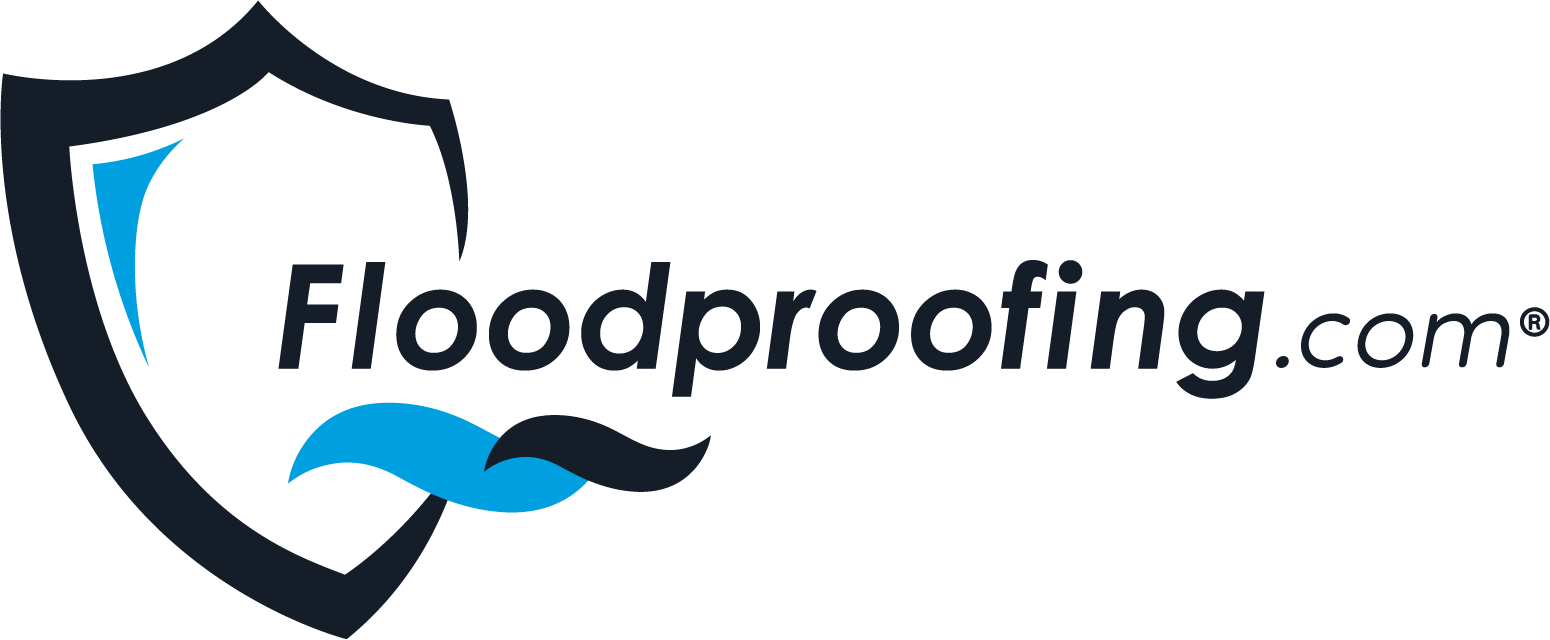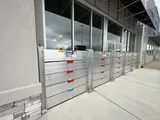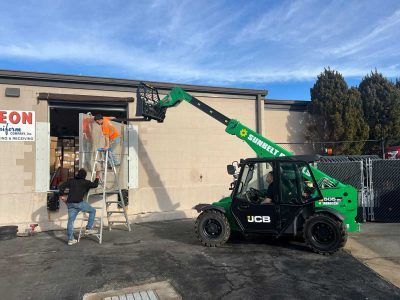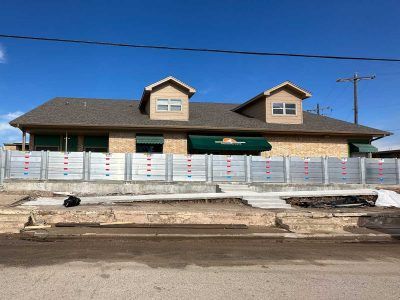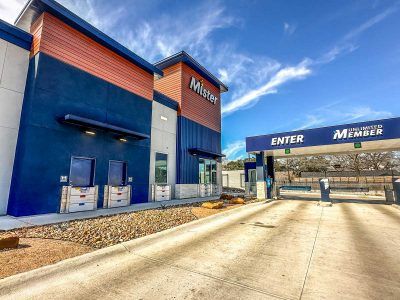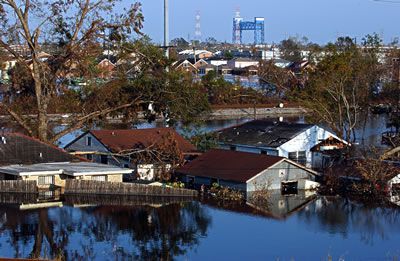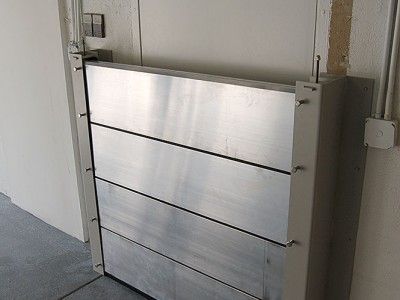Flood Panel only works with licensed contractors, engineers and architects. If you are a residential homeowner, we highly recommend that you first read the FEMA publication “Design Manual for Retrofitting Flood-prone Residential Structures” (FEMA-114, please click to open in a new window). It has a detailed review that addresses protecting an existing house from flood damage. The book includes many drawings and photographs. Each chapter covers a different technique with an introduction and sections on considerations (e.g., flood hazard, building type, regulatory restrictions), cost, and technical design criteria. If you live in a coastal area, please obtain the FEMA publication “Mitigation of Flood and Erosion Damage to Residential Buildings in Coastal Areas” (FEMA-257, please click to open in a new window). This is an extensive review of flood proofing alternatives to mitigate against flood and erosion damage in coastal areas.
After you read these FEMA publications, you may wish to have your licensed contractor, engineer, or architect contact us for consulting services and industry-leading flood panel products. Our flood panels are custom made with industrial grade aluminum, and properly tested for major hydrodynamic forces. For extensive residential projects, please consider our consulting contracts based on professional engineer rates.
To protect a building structure from the effects of a major flood is quite difficult and expensive; it takes much more than just purchasing panels or barriers for doors and windows. All structural components (walls, foundation, plumbing, electrical, etc.) must be able to resist intense hydrostatic (water pressure) and hydrodynamic (moving water) flood forces. You must also take into account the effects of buoyancy (floating buildings) and serious damage from debris in the flood waters.

